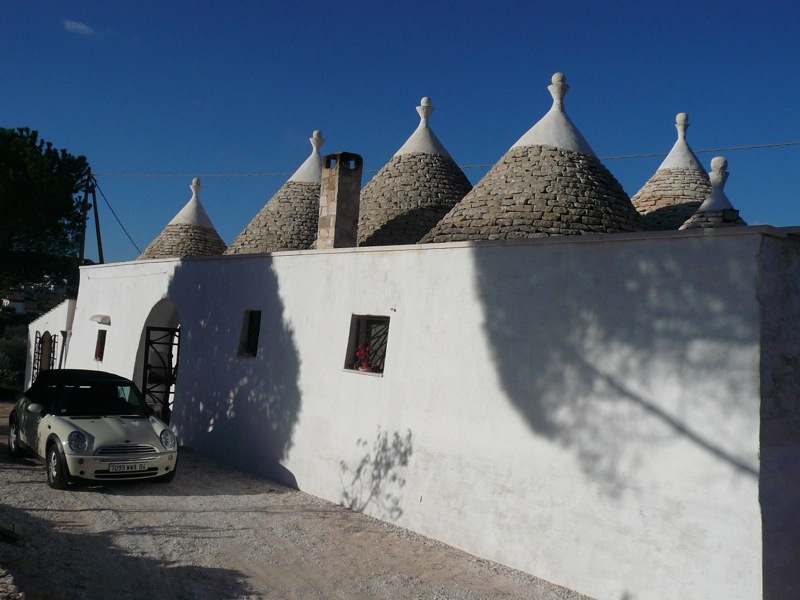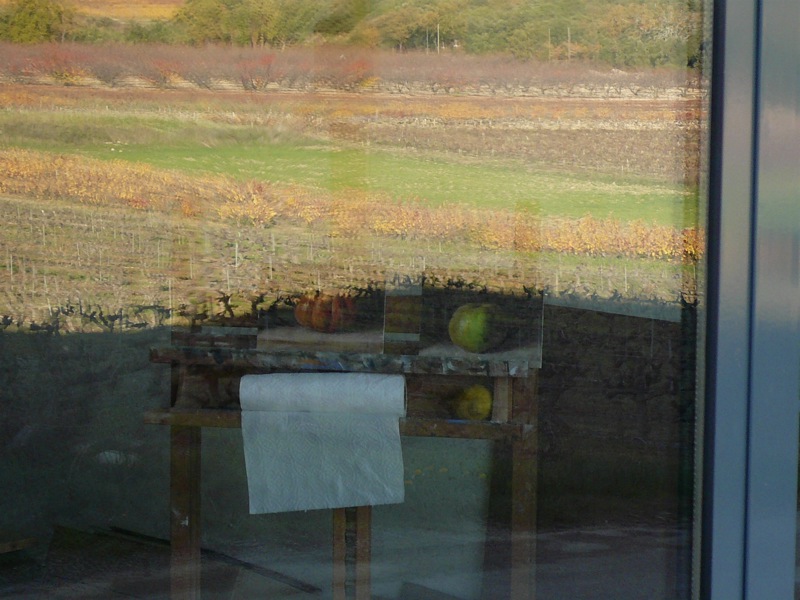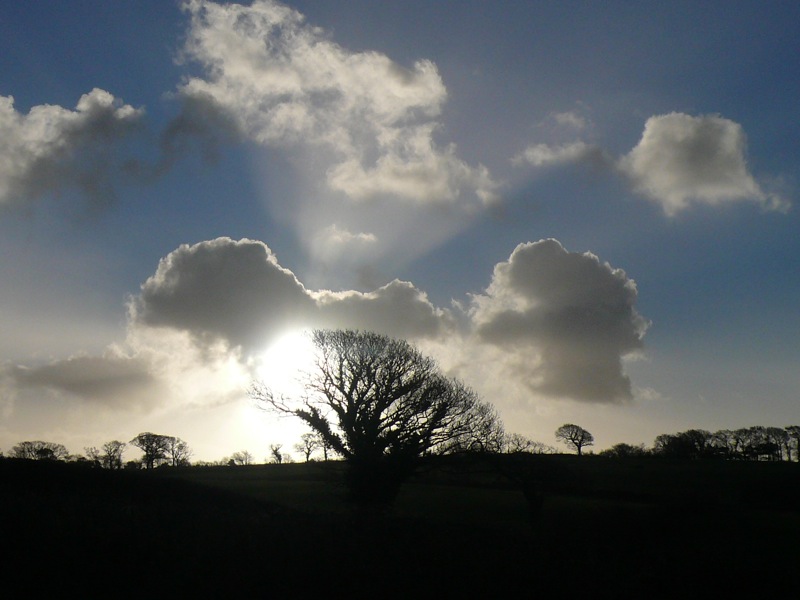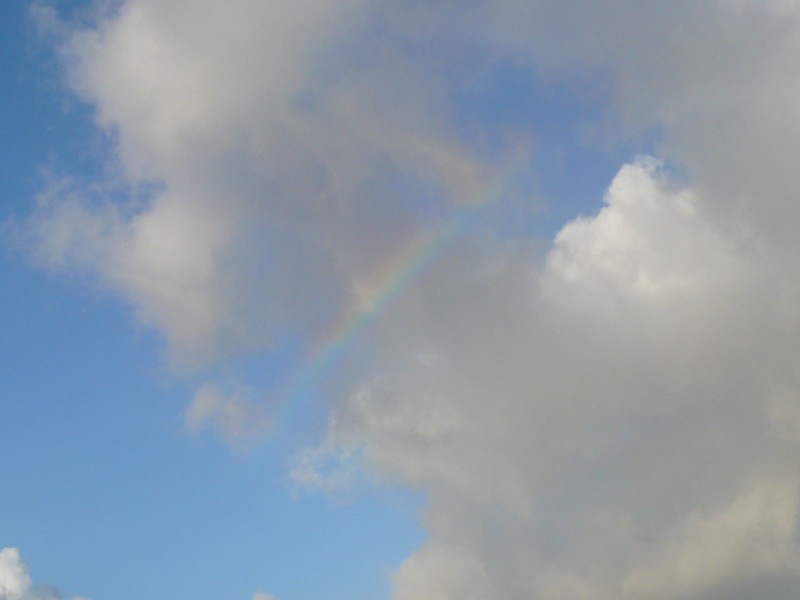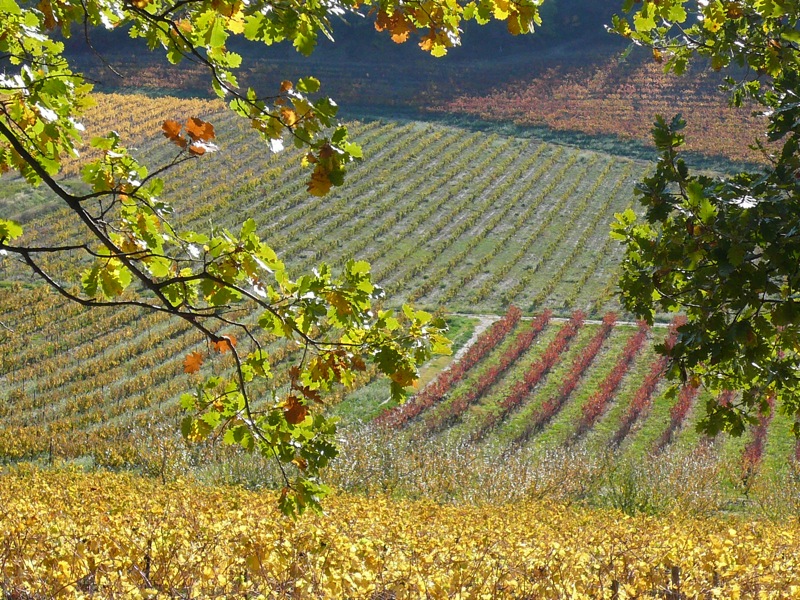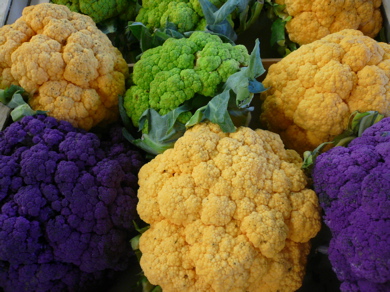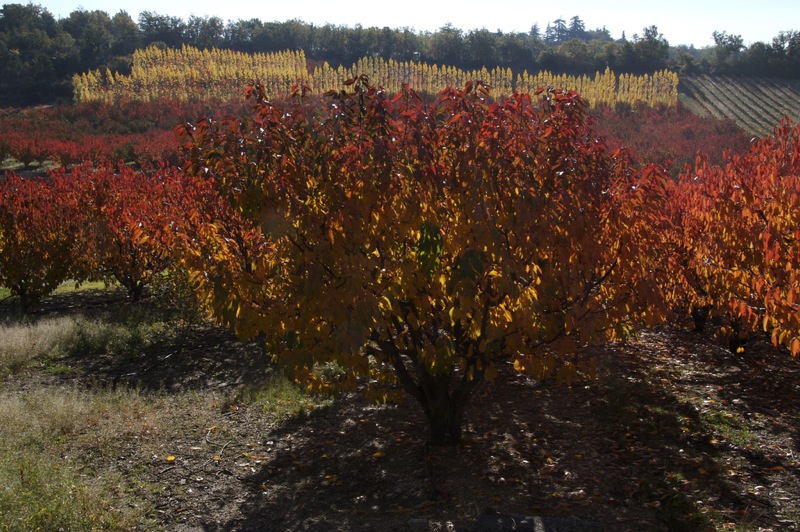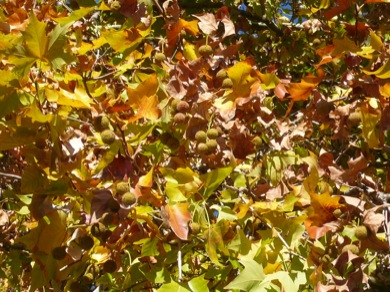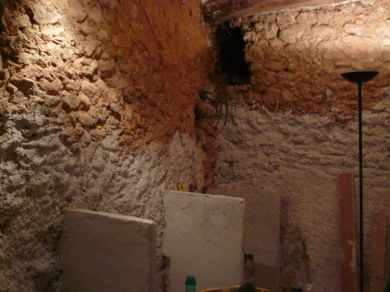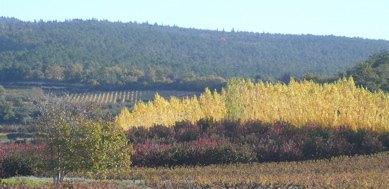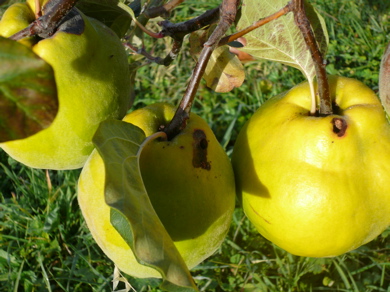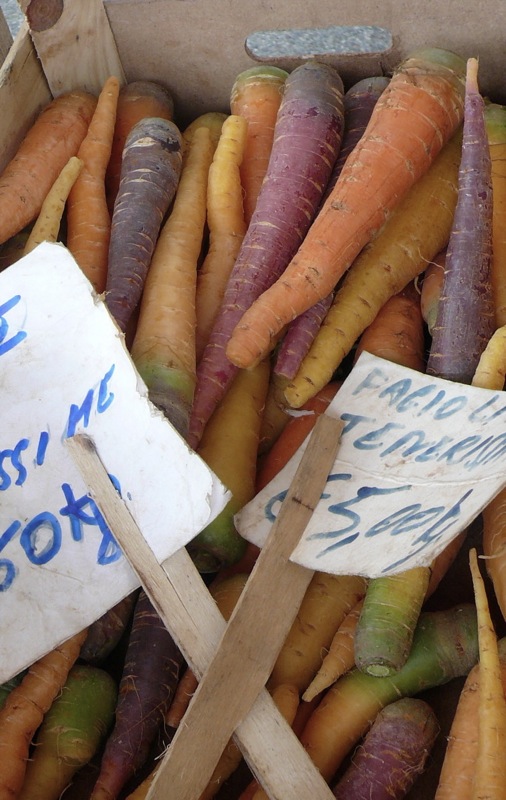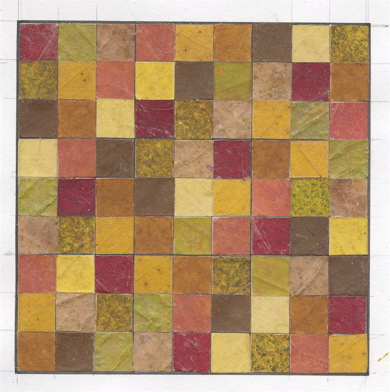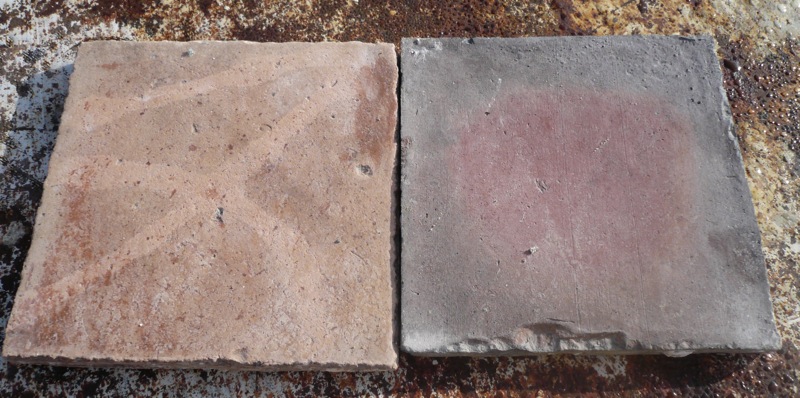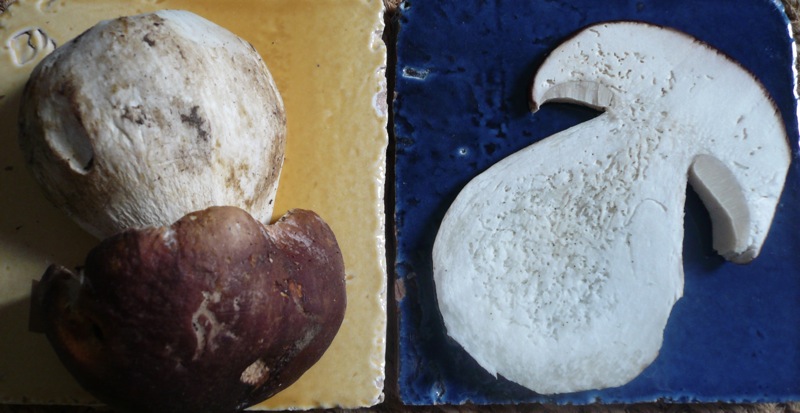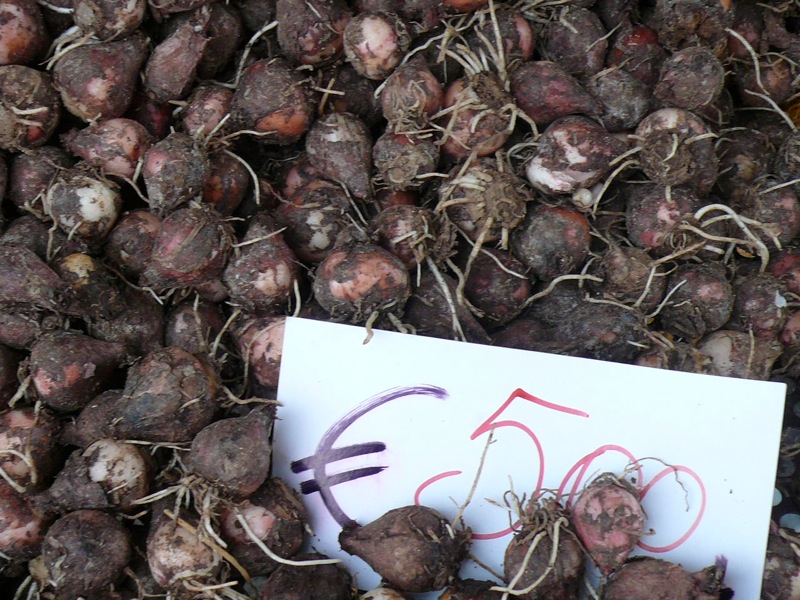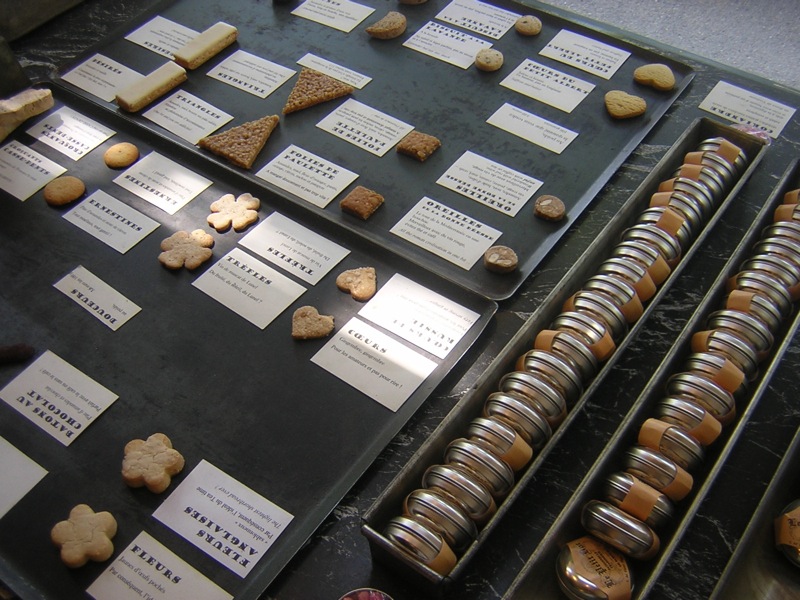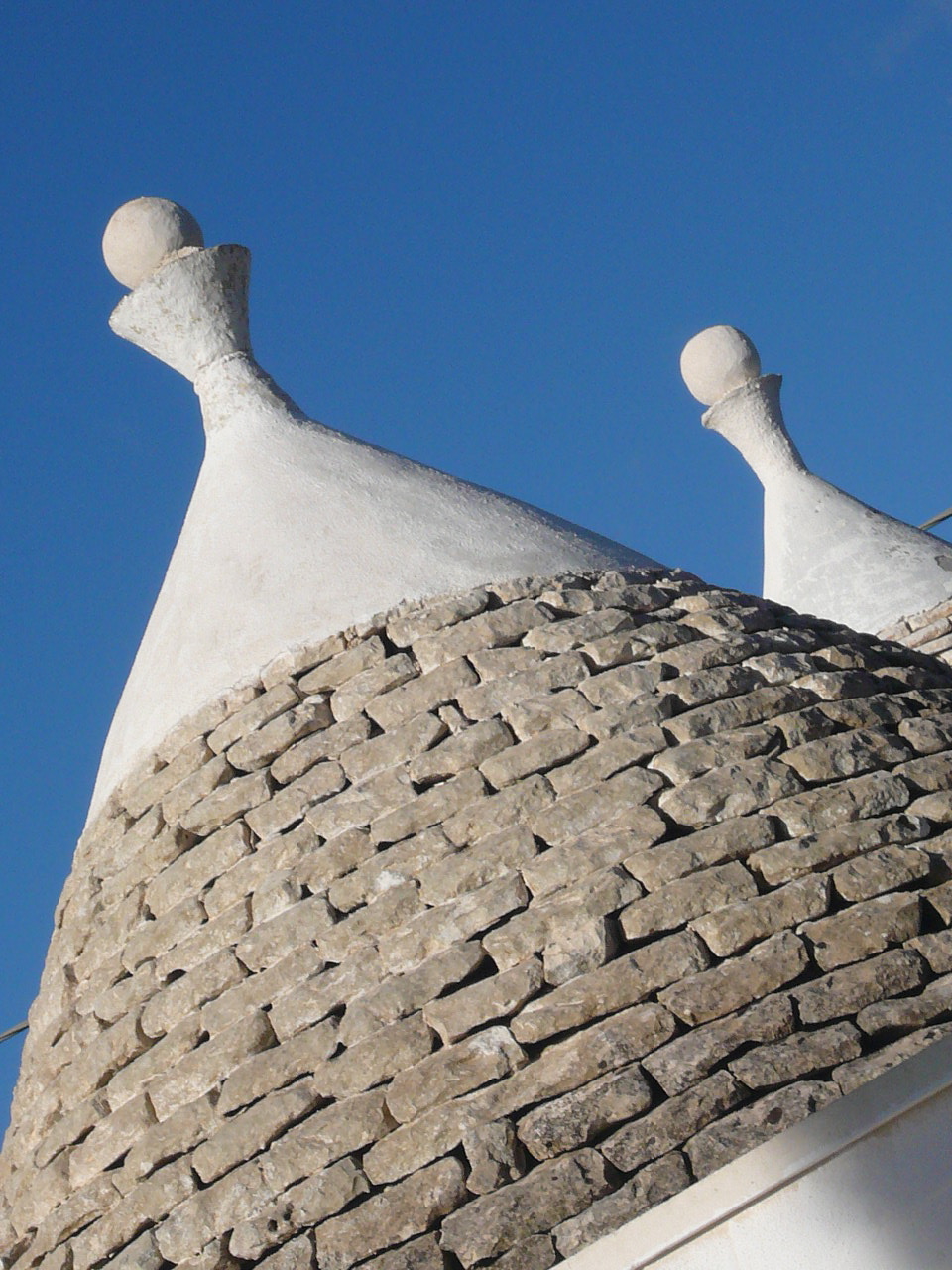
We had crossed the border into Italy by eleven, and the first stop on Minou’s maiden voyage was to join a throng of animated motorists sucking the foam off their morning cappucci and rolling their r’s at a service station near San Remo. Already we were in a foreign country and Julian was hopping up and down with his cup and ‘cornetto’ like a child with bucket and spade on his first trip to the seaside.
On the fifteen-hour drive to see my mother on the southern Adriatic coast we passed by some of the greatest art and architecture in the world. Plain green signs flashed nonchalantly up for Genoa, Pisa, Florence, Siena, Rome and Napoli as if they were pointing the way to Blackpool or Dusseldorf. As if food could make up for the lack of Michelangelo hands and leaning towers, we devoured spaghettini alle vongole on a palm fringed terrace in Rapallo and tagliatelle with white truffles in Orvieto.
Our destination – Martina Franca in Puglia - was a stranger land indeed than that first coffee bar. The landscape is dotted with ancient twisted olive trees and white-capped clusters of stone cones called ‘trulli’. These structures, originally throwaway agricultural buildings, are now being eagerly transformed into rotund living quarters for English trolls arriving on Ryanair in search of the good (and the warm) life, one of whom is, of course, my mother.
Looking radiant, she met us in the piazza of the white lacy town of Martina where we proceeded to feast in a simple trattoria amongst her new friends. My Italian, learned only from opera, came into its own in this warm open company and my heart beamed to see the embrace in to which my mother had been gathered up. Over antipasti and panna cotta the conversation kept on returning to the subject of being foreign. In it, Antonio explained that the word, still used, for people not from the immediate town or hamlet is ‘forestieri’ and I was struck by the image of wild uncultivated folk crawling - albeit on budget airlines - towards the bright lights from their shacks in the woods.
Entering the curved chalk walls of my Mum’s kitchen trullo, I stood in the clean minimal space, listening to the madrigals emerging from the bedroom trullo and admiring the boxes of almonds from her orchard tucked under a wooden bench, the beautiful stone floor heated from underneath and the light coming from subtle shades above…., and the Victorian house in South London in which I grew up seemed islands away. It was as if I were watching a life free from history, floating in space, standing on a clean slate, just like, as a child, I watched men take their first steps the moon. That night I slept like a newborn baby.
In the morning we went to Alberobello market where we found velvet purple carrots, seabass curled stiff with freshness and ceps. There I
instinctively bought the ingredients for a typical Puglian lunch – sprouting broccoli, anchovies and orechiette. Back in the trulli, I started to prepare the meal and, as I opened a draw, my fingers touched a familiar surface – the ridged handle of old British Rail knife, which my mother had rescued from oblivion fifty years previously before their cutlery was replaced with plastic. In that moment memory, and along with it, history, flooded back into the room.
The foreign white country disappeared from underneath my feet and I was back in the hall of mirrors.
On the way back, we ate ravioli with black truffles and deep fried porcini after seeing Piero della Francesca frescoes and haggling for a very fine jelly mould near Arezzo. Then we returned to the Easyjet destination which we forestieri call home. There, in the building site without end, we drank a very fine bottle of Chianti, cracked open Puglian almonds, and fell into a contented sleep.
